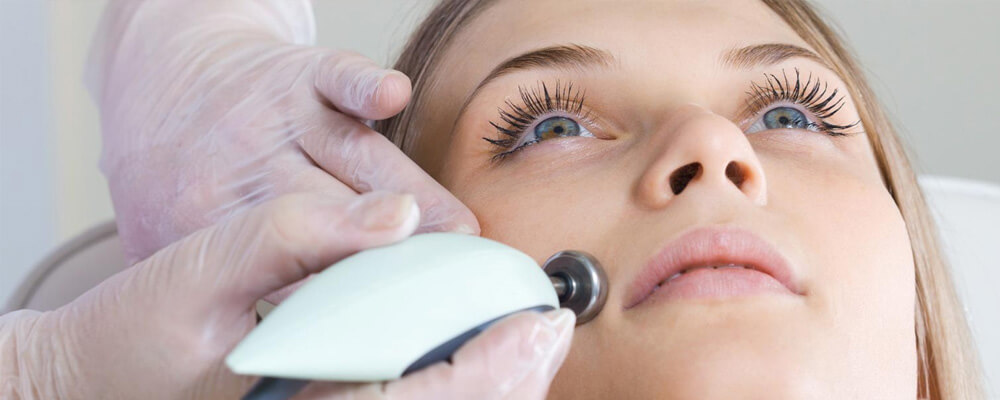People who smoke increase their risk of gum problems, tooth loss, complications after tooth removal and oral surgery, and developing mouth cancer. They are more likely to get infections and impaired wound healing. The Dacula, GA dentist and their expert team are dedicated to educating people about the negative effects of smoking on oral health through this informative blog. So read on!
What happens to your oral cavity when you smoke?
Thousands do not realize the ill effects of smoking on oral health. Here is a list of consequences you may need to face if you smoke:
- Tobacco from smoke stains your teeth and tongue turning the tooth enamel yellow or brown
- Smoking dulls your sense of smell and taste
- Cosmetic dental procedures such as teeth whitening or veneers may not work as effectively or last as long if you smoke
- Smoking results in chronic bad breath (halitosis)
- Your salivary flow may reduce
- Due to poor salivary flow, you may notice more bacterial accumulation resulting in more plaque formation
- Chemicals from the smoke may irritate your gums and the lining of your mouth
- Your gums may be affected resulting in swelling, discoloration, and bleeding
- You may develop deep pockets that favor more accumulation of disease-causing bacteria
- The bone and tissue that hold your teeth in place may begin to break down, allowing your teeth to loosen and may eventually fall out
- Missing teeth can threaten the health of your remaining teeth
What are some useful tips to quit smoking?

The best way to safeguard your long-term dental and overall health is to quit smoking. It may not be easy and may take time and commitment. But with proper dedication and willpower, the road is not far away. Here are five proven tips to follow:
-
Have a definite plan
- Once you have decided to quit smoking, work towards it dedicatedly.
- Download government-approved apps to track your progress.
-
Don’t go it alone
- Seek help and advice from family and friends and discuss your plan about quitting smoking.
- Plan to spend time with non-smokers and seek inspiration from them.
-
Stay busy
- Avoid distractions that may force you to smoke.
- Replace smoking with healthy habits like swimming, walking, and anything that uses your energy in a positive way.
-
Avoid triggers
- Stay away from smokers, and things that might tempt you to smoke.
- Common triggers include stress, coffee, alcohol, and hanging out with people who smoke.
-
Reward your progress
- Every minute you go without a cigarette is a great achievement.
- Pamper yourself with treats or stress-relieving massages or outings.
You may also consult your dentist and seek support or suggestions. Your dentists will offer the right care and guidance for improved oral health.




